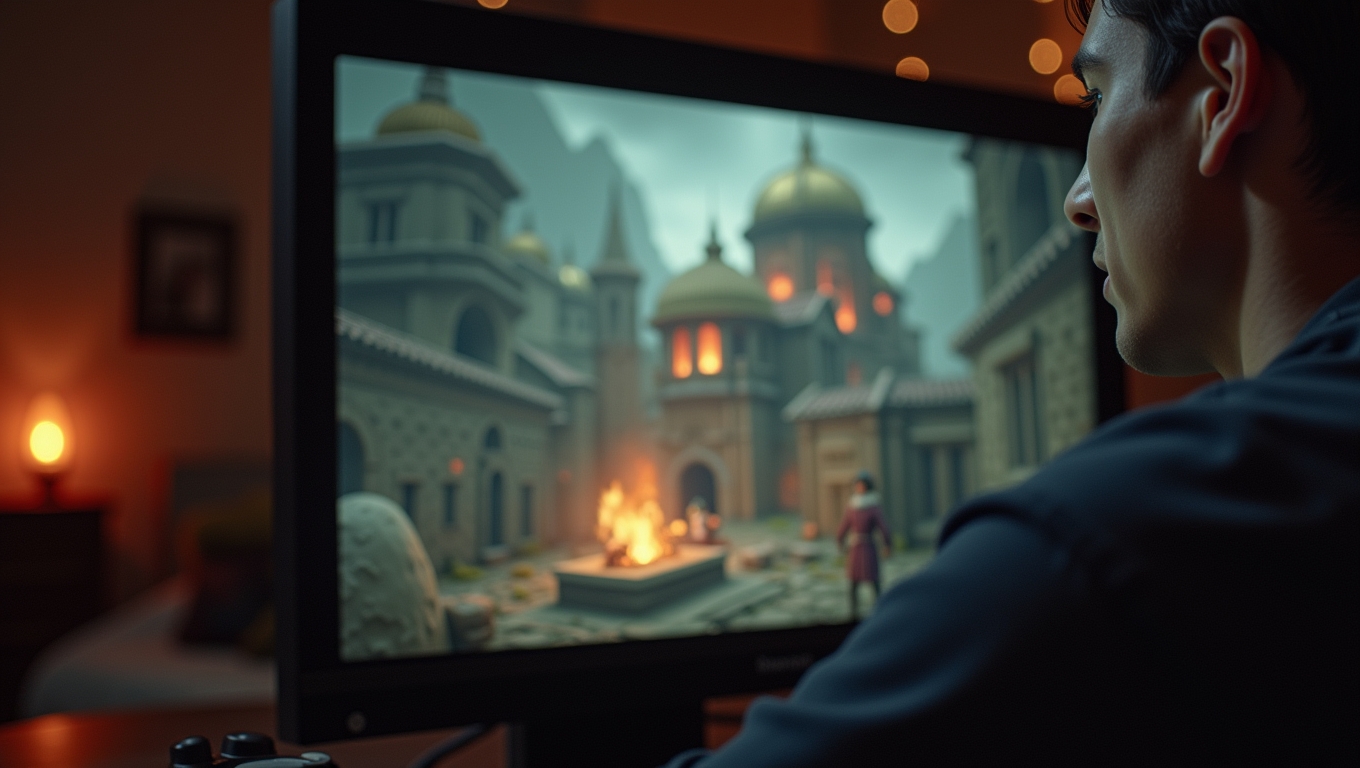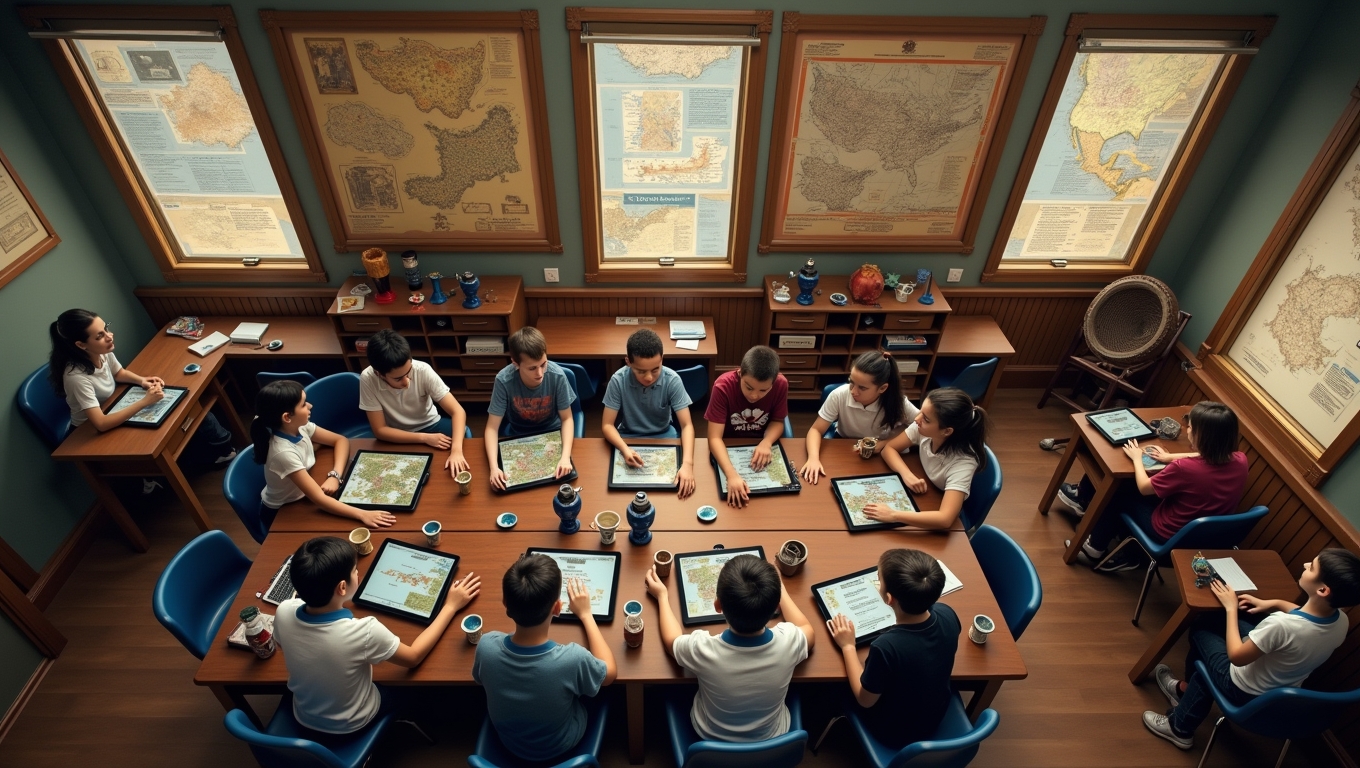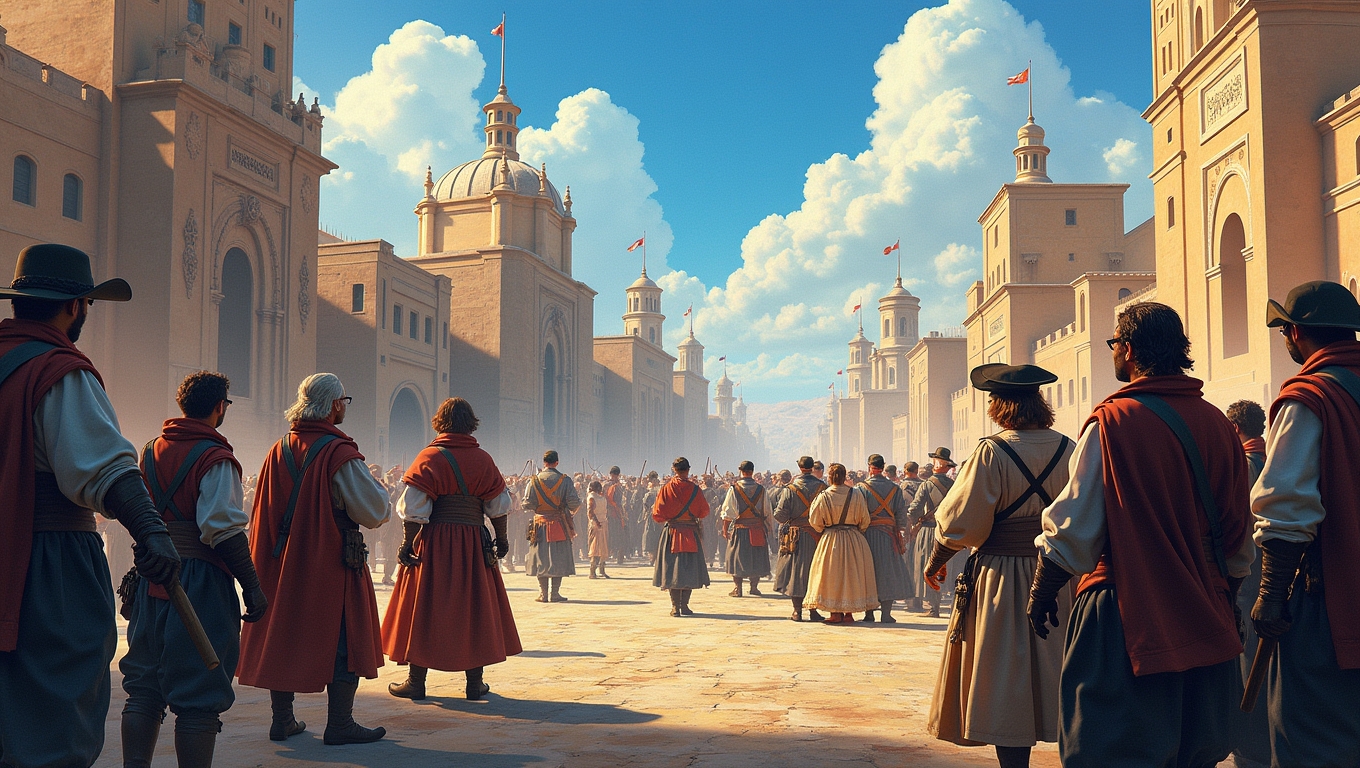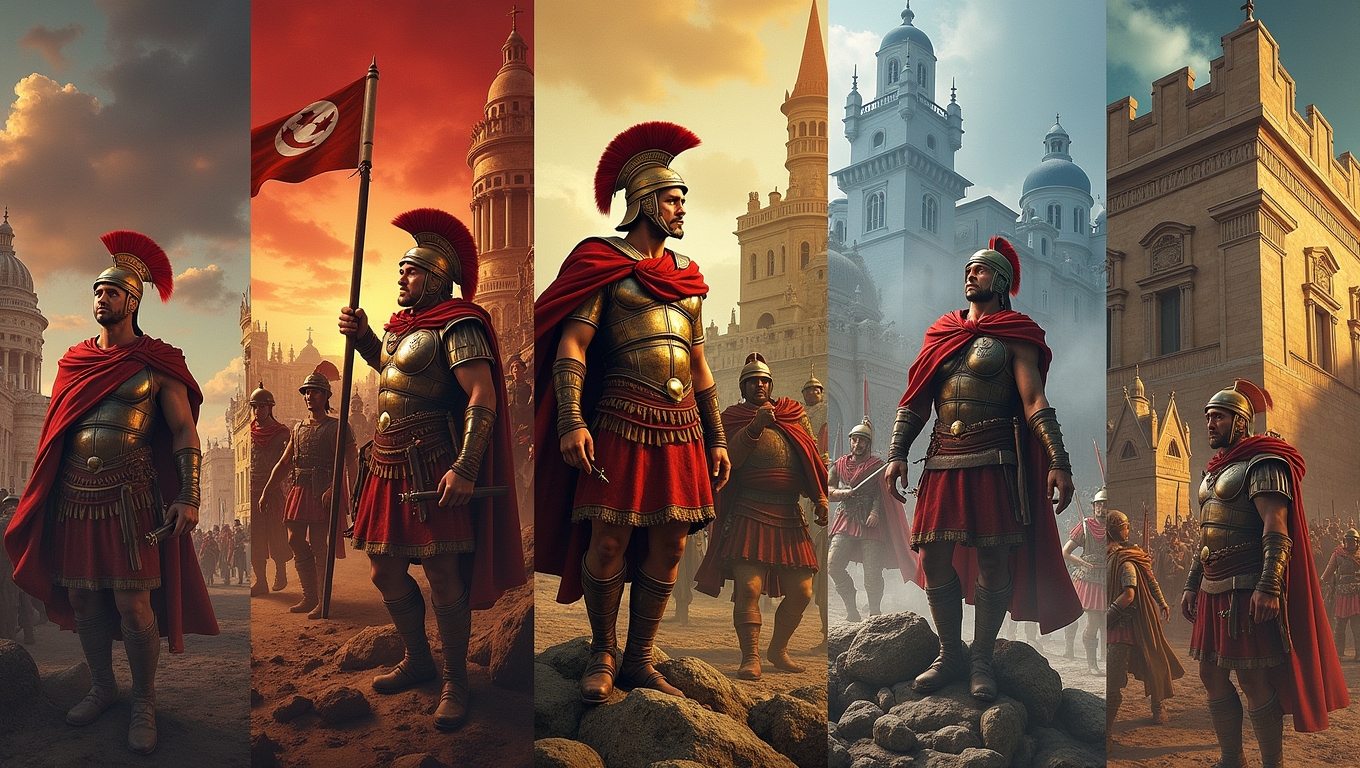In recent years, the intersection of technology and education has paved the way for innovative methods of learning. One of the most exciting developments in this realm is the rise of games and interactive history. This approach to history allows players to not only learn about the past but also to engage with it actively, making history more accessible and relatable. As we delve deeper into this topic, we will explore how games can transform the way we understand and experience historical events.
Immersive Learning Experiences
Games and interactive history offer immersive learning experiences that traditional educational methods often lack. By placing players in historically significant scenarios, these games provide a unique perspective that textbooks cannot. For instance, popular titles like “Assassin’s Creed” and “Civilization” have allowed players to explore ancient civilizations and significant historical events, giving them a sense of agency and involvement that enhances learning.
When players assume the roles of historical figures or even common citizens during pivotal moments, they gain insights into the complexities of those times. This experiential learning fosters empathy and a deeper understanding of historical contexts, making it a powerful tool for education.
Engagement Through Gameplay Mechanics
Another advantage of games and interactive history is their ability to engage players through gameplay mechanics. Unlike passive forms of learning, games encourage active participation. Players must make decisions, solve problems, and navigate challenges based on historical knowledge and context. This interactive element not only makes learning fun but also reinforces retention of information.


For example, strategy games often require players to manage resources and make alliances, mirroring the political and social dynamics of historical periods. By simulating these scenarios, players can better comprehend the consequences of historical decisions, bridging the gap between theory and practice.
The Future of Education and Historical Engagement
As technology continues to advance, the potential for games and interactive history to reshape education is immense. Virtual reality (VR) and augmented reality (AR) are already beginning to play a significant role in this transformation. Imagine stepping into a VR simulation of Ancient Rome or participating in an AR scavenger hunt that brings historical artifacts to life in your own environment.
These technologies can enhance the sensory experience of learning, making history not just a subject to study but an adventure to embark upon. As educators and developers collaborate, we can expect to see increasingly sophisticated and engaging historical games that cater to diverse learning styles.
In conclusion, games and interactive history represent a promising future for how we engage with our past. By combining education and entertainment, they create opportunities for deeper understanding and appreciation of history. As this trend continues to evolve, we may find that the future of learning lies not just in classrooms but also in the vibrant worlds of games.
Some content and/or images on this page were created using AI.





